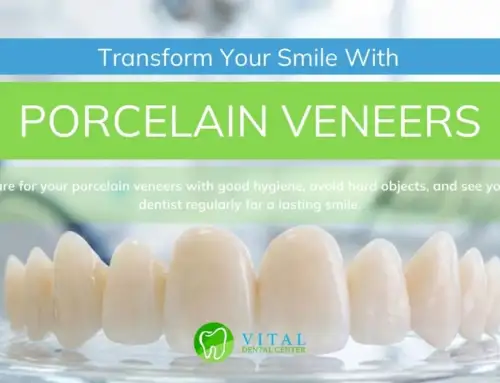Dental implants are a growing trend, with millions of Americans already having them and many more considering them in the future. But with the hefty price tag, a key question arises: will my insurance cover dental implants?
The popularity of dental implants is steadily increasing, with approximately 3 million people in the U.S. already benefiting from these advanced solutions. Moreover, a projected annual growth of 500,000 individuals opting for dental implants underscores their increasing appeal despite the associated costs.
Speaking of costs, the process of obtaining dental implants can indeed be pricey and time-consuming. Typically spanning several months, this procedure can entail expenses ranging from $1,600 to $2,200 per tooth, as the American Dental Association estimates. However, various additional factors might escalate the overall price.
Dental Insurance Coverage?
Insurers often view dental implants as cosmetic, neglecting their impact on overall health. However, missing teeth can significantly affect your well-being.
Coverage for implants might involve medical and dental insurance, depending on the reason for needing them. Carefully review your policy documents to see if implants are included. Here are some key questions to ask your insurance company before starting treatment:
- Does my plan cover dental implants?
- What portion of the procedure is covered?
- What’s my yearly out-of-pocket maximum?
- Do I need a referral for implant treatment?

Will My Insurance Cover Dental Implants?
To ascertain if your insurance includes coverage for implants, it’s crucial to grasp the various facets of the treatment and the extent of mouth preparation necessary for the implant. The coverage amount is contingent upon whether you’re undergoing a complete restorative arch or merely replacing one or two missing teeth.
Tooth Extraction
The necessity for this procedure depends on whether teeth are already missing or if a damaged tooth requires extraction before replacement. If the damaged tooth remains, this extraction is typically encompassed within your dental implant treatment and is covered, either fully or partially, by most insurance companies.
Bone Grafting
Certain patients may require reinforcement of their underlying jawbone before the implant procedure to ensure stability. Despite its importance, this step may not be covered by insurance, even though it’s integral to the implant process.
Implant Placement
Insurance companies categorize This procedure as “major”, but this designation primarily refers to cost rather than treatment intensity. Some dental insurance plans cover up to 50 percent of major procedures.
Artificial Tooth Placement
The installation of the artificial tooth, known as a crown, which restores appearance and functionality, is also considered a major procedure. However, some insurance plans may view it similarly to crowning a tooth to halt decay and thus offer more coverage. It’s advisable to inquire with your insurance company regarding coverage specifics directly.
Alternative Ways to Pay for Dental Implant Treatment
Flexible spending accounts (FSAs) and health savings accounts (HSAs) can help you save for the procedure, but there are key differences to understand.
What are FSAs and HSAs?
Both FSAs and HSAs are tax-advantaged accounts you can use to pay for qualified medical expenses, potentially including dental implants.
FSAs
Offered by employers, let you contribute pre-tax dollars to cover out-of-pocket healthcare costs during a plan year. Use it or lose it – unused funds are forfeited.
HSAs
Offered by employers or independently, allow contributions with pre-tax dollars for qualified medical expenses. Unlike FSAs, funds roll over year-to-year. However, you must have a high-deductible health plan to qualify for an HSA.
Using FSAs and HSAs for Dental Implants
FSAs
It may cover implant costs, but you need a receipt and a doctor’s letter proving medical necessity.
HSAs
Cover dental implants only if medically necessary, not for cosmetic reasons. Again, a doctor’s diagnosis might be required.
Dental Implants in Pompano Beach, FL
We know navigating insurance and budget can be tricky. At Vital Dental Center in Pompano Beach, FL, our team will work with you and your insurance company to find the best treatment option that fits your needs and budget. Schedule a consultation online or call us today at (954) 406-7524.



